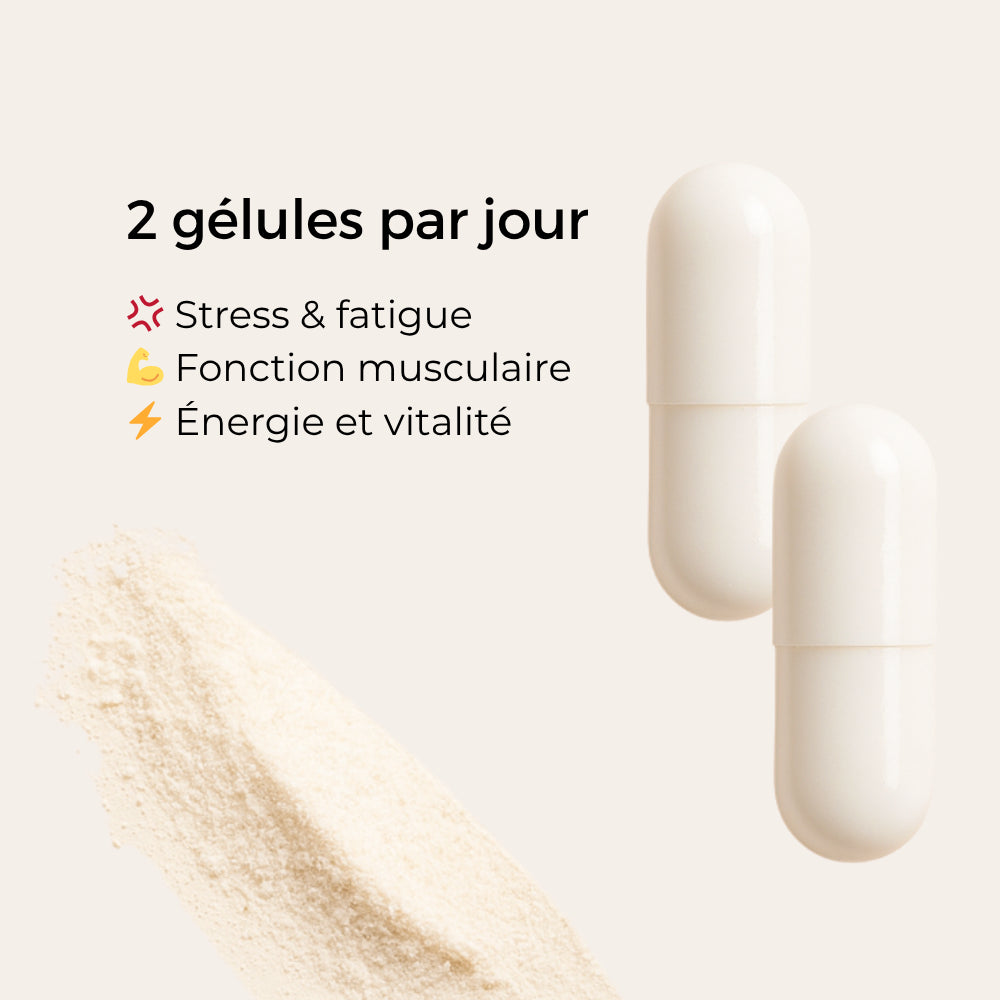
Breathing Techniques to Reduce Stress and Improve Sleep
Stress is one of the biggest enemies of sleep. It can make it difficult to fall asleep, cause you to wake up at night, and even disrupt the quality of your sleep. Fortunately, there are simple and effective techniques to reduce stress and promote restful sleep: breathing exercises. In this article, we'll explore how these techniques can transform your nights and improve your overall well-being.
Why Does Stress Disrupt Sleep?
Stress activates the sympathetic nervous system, which prepares the body to respond to a dangerous situation. This results in an increased heart rate, faster breathing, and increased production of the stress hormone cortisol. These reactions, useful in times of immediate threat, become problematic when they are chronic. They prevent the body and mind from relaxing, making sleep difficult to achieve and maintain.

Breathing: A Powerful Tool Against Stress
Breathing is a bodily function that we can control, which is what makes it a powerful tool for reducing stress. By slowing down and regulating our breathing, we can activate the parasympathetic nervous system, which is responsible for relaxation and rest. This decreases cortisol production and allows the body to prepare for sleep.
Breathing Techniques to Reduce Stress
Here are some simple breathing techniques you can practice daily to calm your mind and prepare your body for a peaceful night's sleep.
-
Abdominal Breathing
Abdominal breathing, or diaphragmatic breathing, involves using the diaphragm to breathe deeply. This technique is particularly effective for calming the nervous system.
How to do it?
Sit or lie down comfortably. Place one hand on your stomach and the other on your chest. Inhale slowly through your nose, inflating your abdomen like a balloon. The hand on your stomach should rise while the hand on your chest remains still. Exhale slowly through your mouth, letting your abdomen deflate.
When to practice?
Ideally, practice abdominal breathing 5 to 10 minutes before going to bed to relax your body and mind.
-
Breathing 4-7-8
The 4-7-8 breathing technique, popularized by Dr. Andrew Weil, is a simple yet powerful exercise to reduce stress and induce sleep.
How to do it?
Sit or lie down comfortably. Close your eyes and relax. Breathe in calmly through your nose for 4 seconds. Hold your breath for 7 seconds. Breathe out slowly through your mouth for 8 seconds. Repeat this cycle 4 times at first, then gradually increase to 8 cycles.
Why does it work?
This breathing rhythm promotes relaxation by slowing the heart rate and calming the nervous system, making it easier to fall asleep.
-
Alternate Nostril Breathing (Nadi Shodhana)
Alternate Nostril Breathing, or Nadi Shodhana, is a yogic breathing technique that balances both hemispheres of the brain and calms the nervous system.
How to do it?
Sit in a comfortable position with your back straight. Place your right thumb on your right nostril and inhale through your left nostril. Then block your left nostril with your ring finger and exhale through your right nostril. Inhale through your right nostril, then block it and exhale through your left nostril. Continue this alternation for 5 to 10 minutes.
The benefits
This technique helps to calm the mind, reduce anxiety, stay calm and prepare the body for sleep.

Integrating Breathing into Your Evening Routine
To maximize the benefits of these breathing techniques, it’s important to incorporate them into a relaxing pre-bedtime routine . Here are some tips for creating an environment conducive to sleep:
Turn off screens one hour before bedtime
Blue light from screens can disrupt the production of melatonin, the sleep hormone.
Create a relaxing atmosphere
Use essential oils like lavender or chamomile to promote relaxation.
Practice meditation
Combine your breathing exercises with a short meditation session for an enhanced calming effect.
Take a hot bath
A warm bath helps relax muscles and lower body temperature, making it easier to fall asleep.
So stress can be a major obstacle to quality sleep, but simple breathing techniques can make a big difference. By incorporating exercises like abdominal breathing, the 4-7-8 technique, or alternate nostril breathing into your evening routine, you can significantly reduce your stress levels, help you relax , and improve the quality of your sleep. Try these techniques tonight and see for yourself the benefits of mindful breathing on your overall well-being.

























